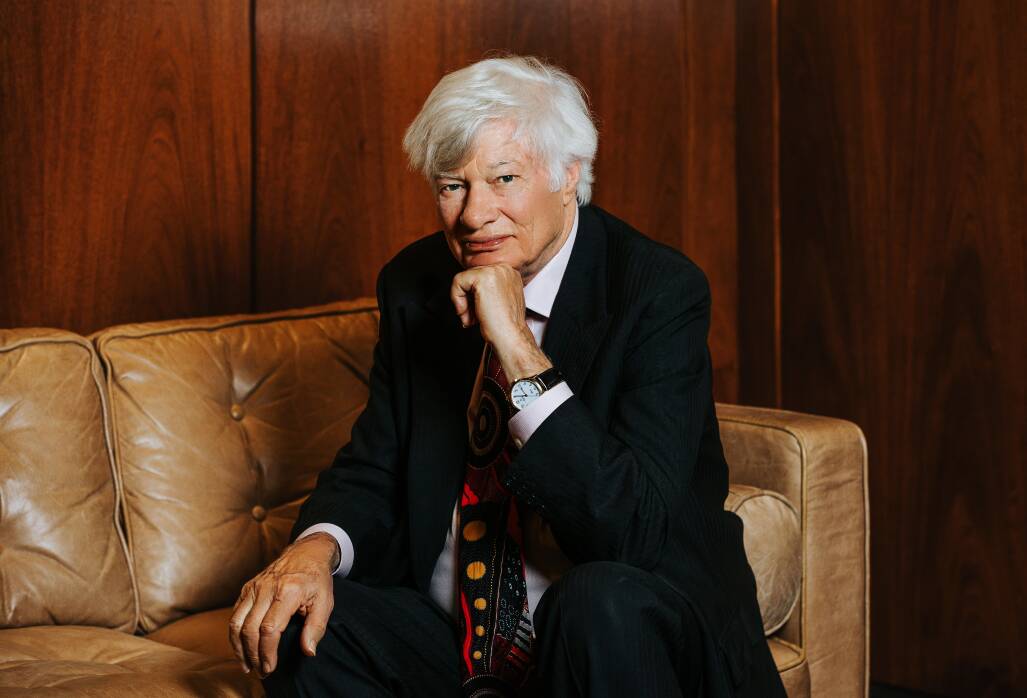
War, corruption and threats to basic human freedoms - today's headlines are enough to make anyone want to bury their head in the sand.
But for one of the world's most famous human rights lawyers, it's simply another day in the office.
Geoffrey Robertson gets a front-row seat to some of the greatest cases threatening humanity, but he's not overwhelmed with existential dread like the rest of us.
Instead, his dry British pragmatism, mixed with a hint of Australian imperturbability, mean he's far from superfluous to the world's needs.
"I think I probably won't be retiring," the 75 year-old says, in his familiar plum drawl, with an ever-so-slight smirk in his tone.
"There will be many new challenges made, particularly from this quite outrageous attack on Ukraine."
The charismatic, Australian-born Queens Counsel is usually based in London, a founder and joint head of Doughty Street Chambers which routinely take the world's most high-profile cases, including Julian Assange and the Parthenon Marbles.
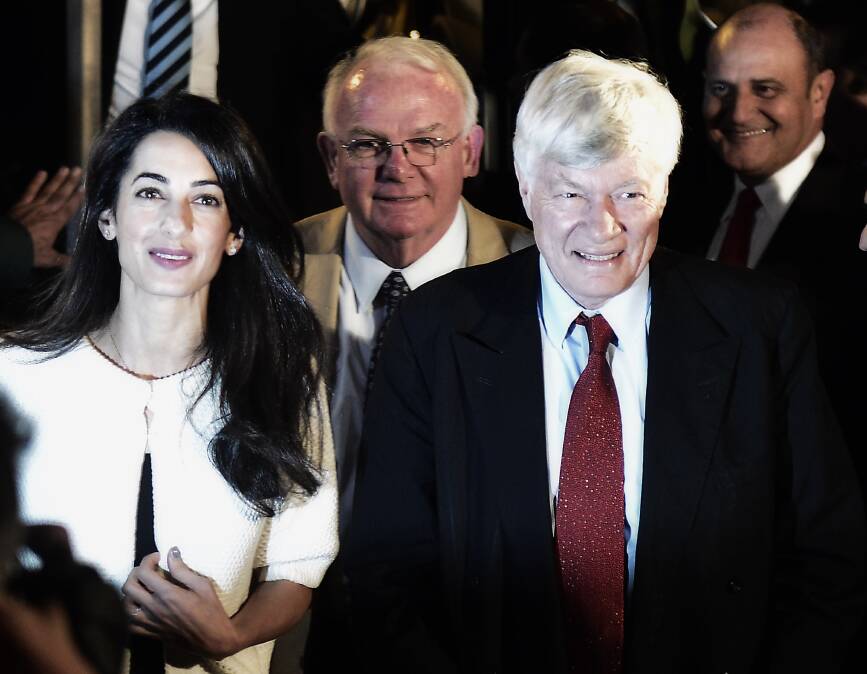
Born and bred in Sydney, he went to Oxford on a Rhodes Scholarship, and, after graduating in 1972, never really left the United Kingdom. But he still holds Australia close, and is back in the country preparing for an August speaking tour.
There'll be plenty to talk about; his name is regularly associated with high-profile human rights atrocities, and the current war in Ukraine has him particularly exercised.
In fact, of Robertson's 30 published books, his most recent from 2021, Bad People: How to be Rid of Them, seemed to be conceptualised with future events in mind.
"It was written before Ukraine, but it turned out to be quite prophetic," he says.
The book argues for an alternative way to punish totalitarian leaders through extreme sanction measures, such as stripping their right to enter democratic nations and freezing assets, otherwise known as the Magnitsky Law - named after Russian Ukrainian lawyer Sergei Magnitsky who died in a Russian jail after exposing state corruption.
Major Western countries including the United States, Canada and the European Union have a form of legislation in place and used it after Russia's invasion of Ukraine.
These are manoeuvrings in the highest echelons of international powers, but it's worth noting that if it weren't for the advocacy of the late Labor senator Kimberley Kitching, who asked Mr Robertson to speak on the benefits of the Magnitsky Act in a parliamentary inquiry, Australia wouldn't have been able to impose the strong sanctions onto Russia.
'It was quite horrific'
The untimely death of Kitching on March 10 this year shocked the usually unshakeable Robertson, who sent words to be read out at her funeral.
"I gave evidence with Amal Clooney [a particularly high-profile colleague] to a subcommittee which included Kimberley Kitching, who took the idea up and the subcommittee recommended I even draft a law for Magnitsky law ... and it's been made use of just in time for Ukraine," he says.
The Australian legislation commenced in December, 2021, but Robertson had been working with Kitching just days before her death; they were both trying to convince New Zealand MPs to adopt Australia's version of the Magnitsky law.
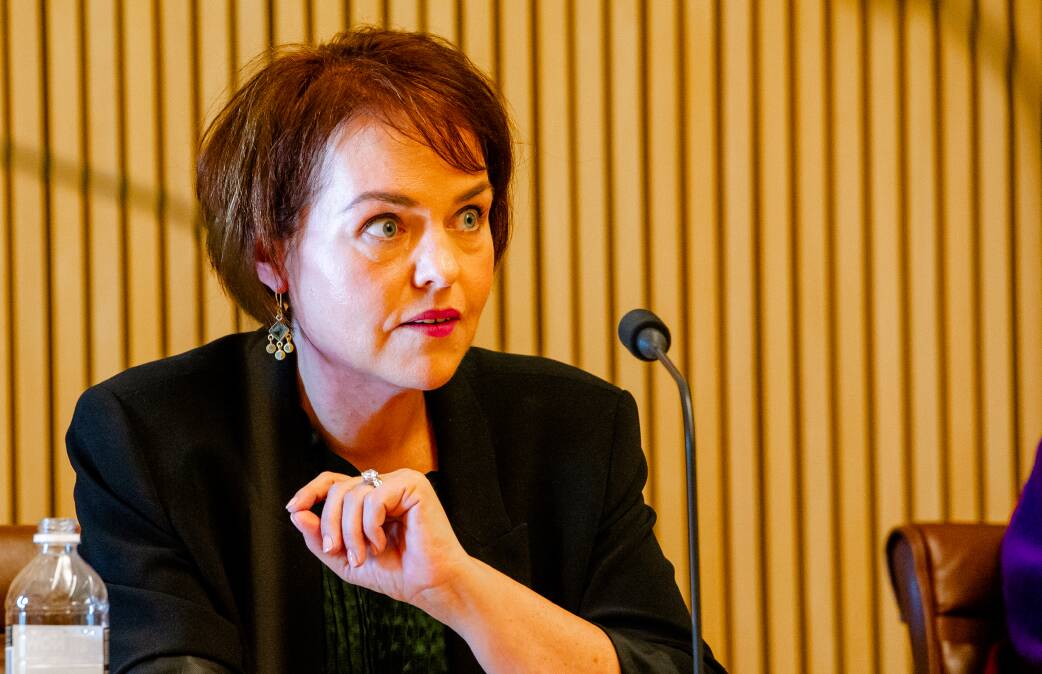
"She was bright and well prepared and persuasive, so it was quite horrific a couple of days later - she just lay down and died from a heart attack," he says.
But Robertson is not usually one to dish out poetic and kind words to many Australian political leaders, and has little interest being polite about those who don't deserve it.
"I was born under Ben Chifley and encountered every Australian prime minister since, and Morrison is the least intelligent," he says bluntly and, presumably, without blinking.
He's not fooled by how politics works, saying it's "not that one necessarily needs intelligence of a political leader", but due to the current international climate he believes it's crucial more now than ever before.
"Intelligence is something that is necessary in dealing with climate change and with the crisis in Ukraine and with the Solomon Islands as a stepping stone for China - a terrible lack of intelligence on that one," he says.
On another recent issue, his experience as an Australian expatriate motivated him to represent a case to the UN for citizens overseas being barred from entering the country during the initial outbreak of COVID-19, which, he says, was a decision made "with utter cruelty and contempt for Australian passport holders".
"There was such loathing of Morrison at that point that I think that they would never vote for him - nor would their family or friends who knew of it," he says.
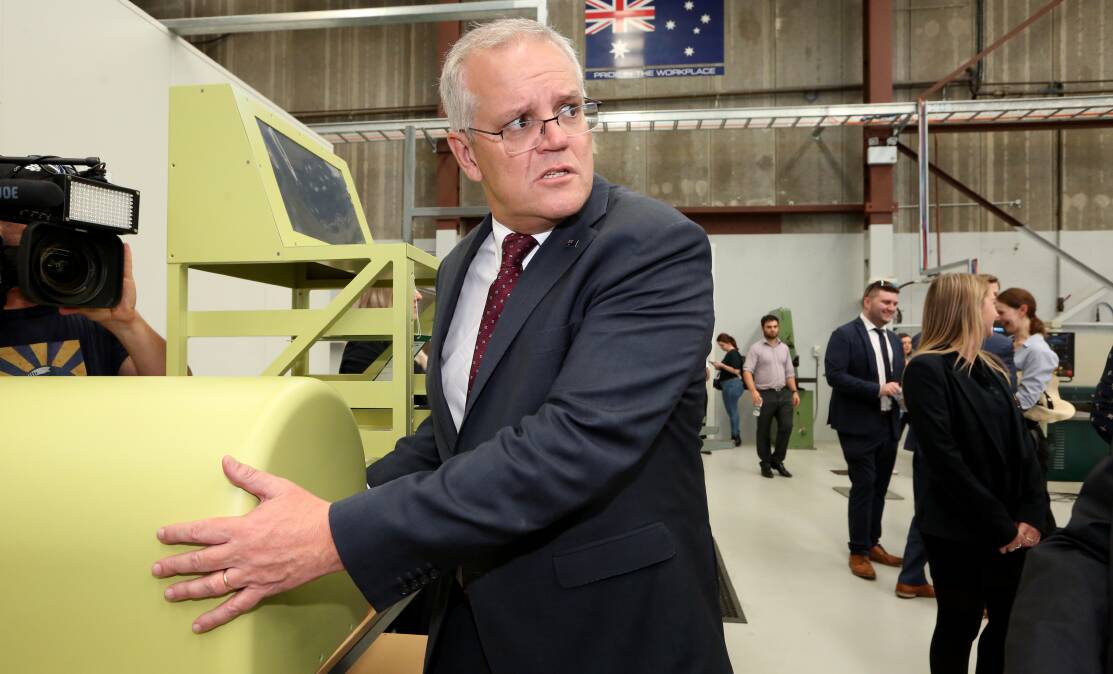
Moreover, he describes Australia's vaccine roll out as an "utter failure" and remains flabbergasted by the lack of self-reflection from the government.
Integrity is a hot topic in the current federal election, and Robertson is joining the line-up of critics in a more theatrical analysis over the Prime Minister's recent accusations the NSW Federal ICAC is a "kangaroo court".
"I'm very upset that Scott Morrison should call them kangaroo courts - it's a phrase that, as an Australian, I have never felt comfortable about using because there is no reason why our beloved marsupial should be connected with injustice," he says.
Jokes aside, Robertson, currently in Melbourne, has quickly observed the popularity of so-called "teal independents" and sees it as a sign of Australians wanting better from their government - a rejection of the archaic ways of parliament.
"It always irks me that parliament begins every day with prayers - Anglican prayers. Only 13 per cent of Australians in the last census are Anglican and yet we have Anglican prayer said by the speaker - not even an Anglican priest," he says with palpable disgust.
While he's aware these are "little things", he sees it as representing bigger issues linking to Australian's dissatisfaction with politics, arguing the rise of independents is a sign the public want better.
"Australians want something by way of vision, and see it as perhaps coming from individuals who are independent and intelligent," he said.
'It's not law'
Integrity in Australia and integrity in the US are two completely different beasts, and Robertson grows sorrowful when referring to recent moves in the US to overturn ingrained abortion laws.
But he flicks easily back to his dark humour mixed with legal disdain, describing the recent leaked judgement attempting to overturn women's right to abortion, known as Roe vs Wade, as an "excruciatingly bad judgement" written by Supreme Court associate justice Samuel Alito who Robertson describes as "a third rate judge".
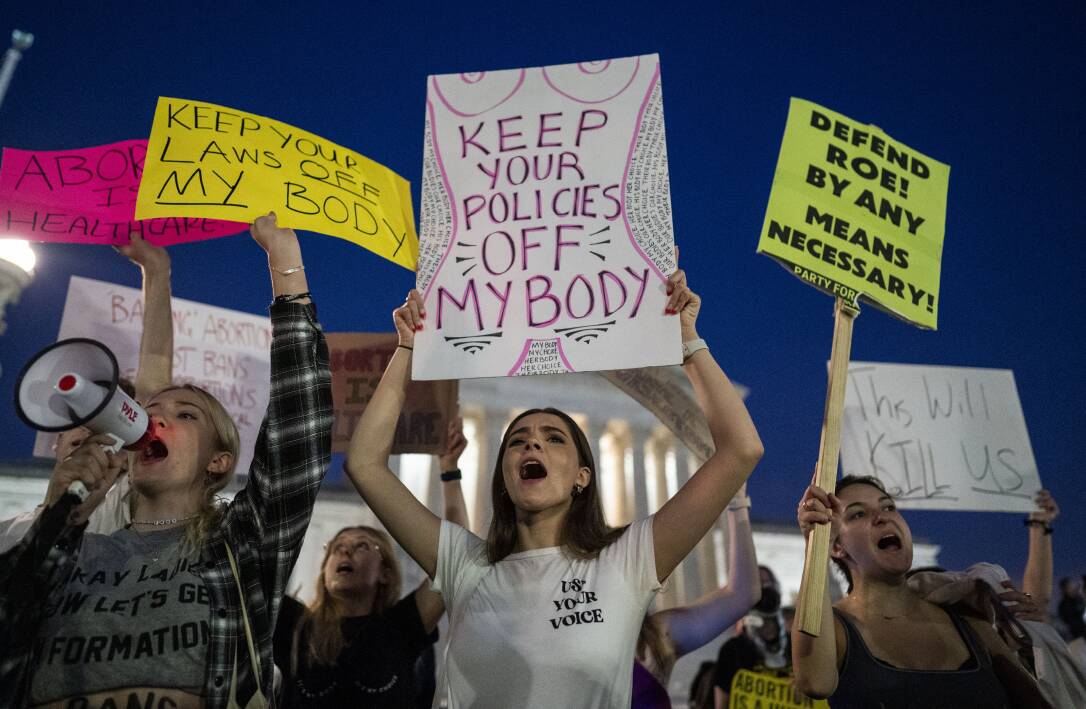
"It's not law," he says firmly, maintaining the decision is motivated by the extremities of Catholicism.
"[Alito's] basic argument is abortion wasn't mentioned in the constitution, and therefore the government has no power to protect women in relation to it," he says. "Well, pop-up toasters weren't included in the constitution - that doesn't mean people can't be allowed by federal regulation to use them, it's an absurd argument."
Robertson is characteristically pragmatic in concluding the judgement will probably pass, which is "like going back in time". But he does hold some faint optimism.
"It's so badly written and badly argued for all its 67 closely-typed pages, I do not think it will survive and I think a future court will have no difficulty overriding it," he says.
An advocate for freedom
As the world appears to crumble and headlines grow ever more dire, Robertson shows no sign of slowing down, and is at work on a number of projects. Among them is his next book, titled Lawfair, a critical analysis of the British defamation law system, which he argues is prohibiting proper investigative journalism.
"It's not a long book, by my standards. It argues that journalists have been attacked and stopped, and important stories have been pulped or censored, because of the wealth of the oligarchs or other wealthy corporations and people using defamation laws or breach of confidence laws... that have inhibited investigative journalism," he says.
While the book is focused on Britain, he argues "it is applicable to other Commonwealth countries where British law has been inherited [and] the Australian case of defamation law is problematic".
In the meantime, he's preparing for his speaking tour. It's unlikely he will run out of things to talk about, having made a sub-profession of talking and performing (he's best known by many for his 1985-2014 television series Geoffrey Robertson's Hypotheticals).
"Heaven knows what I'll be talking about", but it's clear there'll be plenty of ground to cover. Among them, the horrors of the war in Ukraine after Russia's invasion make him think "the United Nations may have seen its day".
Inspired by a theory from English author H.G. Wells, a socialist visionary as well as a prolific writer of fiction, Robertson plans to present an off-the-cuff idea for a UN replacement.
In the meantime, as international human rights abuses pile up day by day, this performer, lawyer and intellectual just keeps on going.
"I do have a number of projects," he says, a wry understatement from this most British of Australians.
- Geoffrey Robertson's It's no longer Hypothetical, August 6-27. He will be at Llewellyn Hall in Canberra on August 17. Booking and details at Ticketek.







